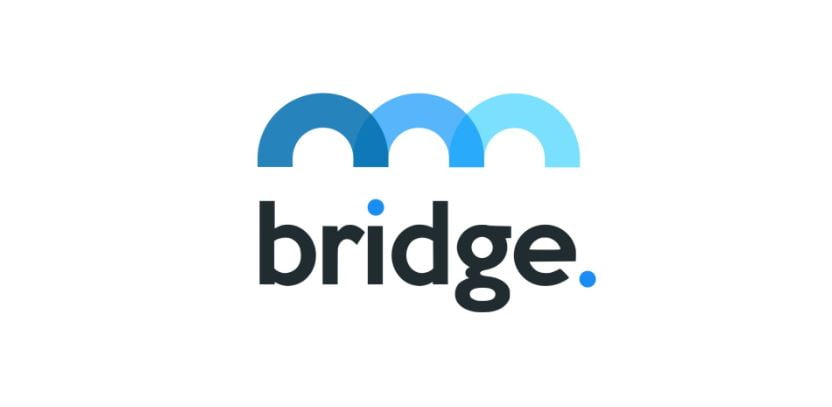Reason to trust

How Our News is Made
Strict editorial policy that focuses on accuracy, relevance, and impartiality
Ad discliamer
Morbi pretium leo et nisl aliquam mollis. Quisque arcu lorem, ultricies quis pellentesque nec, ullamcorper eu odio.
Insurance is a difficult topic, especially in the context of decentralized finance (DeFi). Blockchain technology has enabled the creation of a wide variety of new financial products that are hard for traditional services to understand, let alone insure properly. However, the need is clearly there.
Several projects are set on solving this problem in the burgeoning industry. Last month, Bridge Mutual made headlines with the announcement of a peer-to-peer platform for insuring not just smart contracts, but stablecoins and exchanges as well. The project, led by crypto attorney Mike Miglio, has already raised $1.6 million during an oversubscribed private sale. It is now focused on a platform launch and the issuance of its native BMI token.
Using the decentralized protocol, users lock and stake BMI to collectively provide coverage for smart contracts, stablecoins, and exchanges that might decide to purchase insurance. Stakers then split profit and yields as a reward. At the same time, covered users can place detailed claims easily via a dedicated Bridge Mutual application. They can upload pictures, videos, texts or any kind of supporting information for all the voters to see. Once submitted, most claims are decided through a three-phase crowd voting mechanism while stablecoin claims are paid instantly when certain conditions are met. The protocol collects stablecoin price data using APIs and oracles.
Bridge Mutual is doing a lot of things different from its competitors. Mainly, the team has eschewed a typical Ethereum implementation in favor of a faster, more efficient Polkadot parachain. The popular blockchain is not sustainable for the project’s services in the long-term because of the way gas fees are calculated. The insight is that when Ethereum gas costs become too high participants are disincentivized from actively participating in the protocol. An event that could affect the system’s voting process as well as its automated claims feature.
Situations like these could compromise the integrity of any insurance service, not just Bridge Mutual. Insurance protocols need to be protected against all kinds of unforeseen events, including game-theoretical scenarios, just as much as any security threat. This is why insurance companies insure each other, and why competitors with different approaches in the space are important and welcomed.
Bridge Mutual also benefits from other moats in matters of preventing attacks from bad actors. In its system, votes are weighed by stakes, meaning that 1 ETH address does not equal 1 vote. Voting power is determined by the number of tokens being used to vote instead. This is set to prevent what is generally known as a “sybil attack” where a person creates a large number of fake accounts to sway the outcome of a voting process. Bridge Mutual implements incentives, penalties, and unique systems to balance out the voting system and prevent these kinds of risks.
Another important differentiator is the fact that Bridge Mutual does not require KYC. While other services require the submission of sensitive information and employ white-lists, these measures are irrelevant to the project’s solution. The system doesn’t need KYC because it never has control over the user’s funds nor does it manage how the funds are invested. A characteristic that also makes it easier for the BMI token to be listed on centralized exchanges (CEXs) and have access to better liquidity.
As explained by Miglio, “if there’s an ETH address that wants to purchase 200,000 USDT worth of insurance, [the users] open the app, pick the assets they want to cover, choose the duration and the amount in USDT to cover, pay the premium, and the policy becomes active. Whenever they log into the app using their address, they can see all active covers and claim them at any time.”
Altogether, Bridge Mutual signifies a maturation in the DeFi space. The implementation of decentralized insurance is a necessary building block that, not just investors, but other projects can benefit from.


























